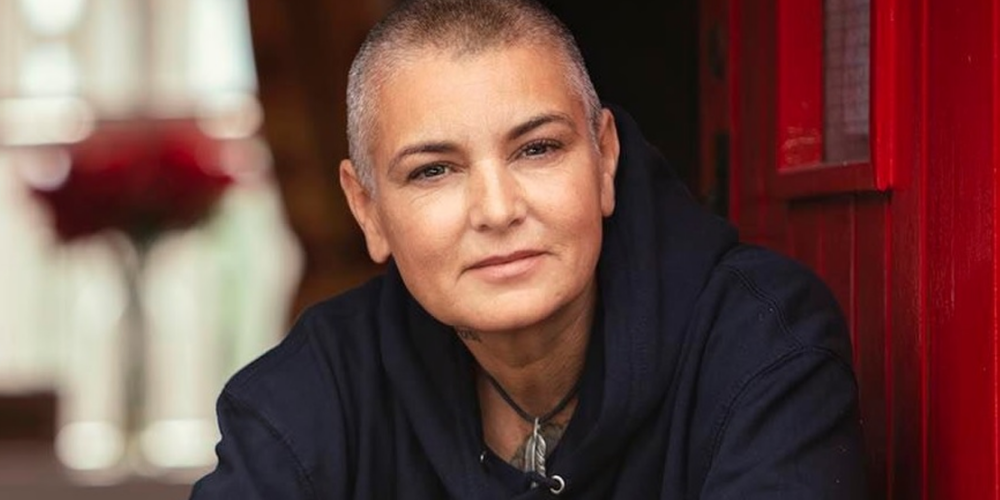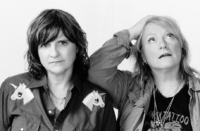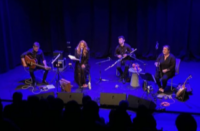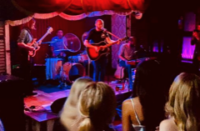Sinéad O’Connor, who died on 26 July, was well known for her music career but was also a committed activist and republican. At one of her concerts in 1990 in the United States she approached officials to demand that the US national anthem not be played. This resulted in several radio stations boycotting her music. She wrote in her memoir of it that Frank Sinatra “weighs in and opines I should have my a** kicked, which is worrying because I’m staying in the same hotel as him. We might happen across each other in the lift, and I’m thinking my father back in Dublin isn’t gonna be too pleased if I tell him I had to, in self-defence, beat the crap out of Ol’ Blue Eyes.”
In 1991 she boycotted the Grammy Awards, saying that she didn’t want “to be part of a world that measures artistic ability by material success.” In October 1992, on the American television programme “Saturday Night Live,” she sang an a cappella version of Bob Marley’s song “War,” and followed the performance by tearing a picture of Pope John Paul II while telling those watching to “fight the real enemy.”
This was met with a hugely negative response, with the American actor Joe Pesci claiming he would “have given her such a smack,” as well as two men pelting her with eggs after she left the building and NBC banning her for life. This was before there was widespread knowledge of the cover-ups by the Catholic Church of the abuse of children.
The Catholic Church in Ireland has a history of abuse of women, including the Magdalen laundries. O’Connor risked her career in music to push for people to confront the abuse that had been happening for years.
When it came to occupied Palestine she was outspoken on her stance, saying, “Nobody with any sanity, including myself, would have anything but sympathy for the Palestinian plight. There’s not a sane person on earth who in any way sanctions what the Israeli authorities are doing.” She cancelled a concert she was to perform at in occupied Palestine to show her opposition to the occupation. O’Connor’s outspokenness on the Palestinian cause mirrors how many Irish people feel about it.
She also stood with Ireland’s refugee community. After receiving the inaugural award for Classic Irish Album at the RTE Choice Music Awards earlier this year she received a standing ovation as she dedicated the award for the album I Do Not Want What I Haven’t Got to “each and every member of Ireland’s refugee community.” She applied to join Sinn Féin, but on meeting members of the party she withdrew her application, as she believed they weren’t serious enough about ending partition.
With a life of activism putting her career at risk, with many of her peers and other famous actors threatening physical violence, and a public backlash in full force, it’s no wonder Connolly’s statement that “apostles of freedom are ever idolised when dead, but crucified when alive,” could be said of her. She stood up to oppressors and stood up for oppressed communities in Ireland and internationally, and faced harsh criticism. Like most women in history who have done the same, she was labelled crazy by those who refused to believe her, and was forgotten when proved to be right.






